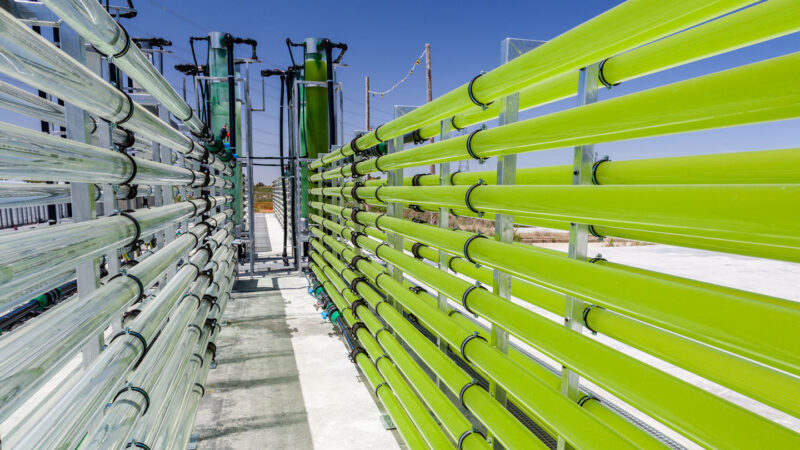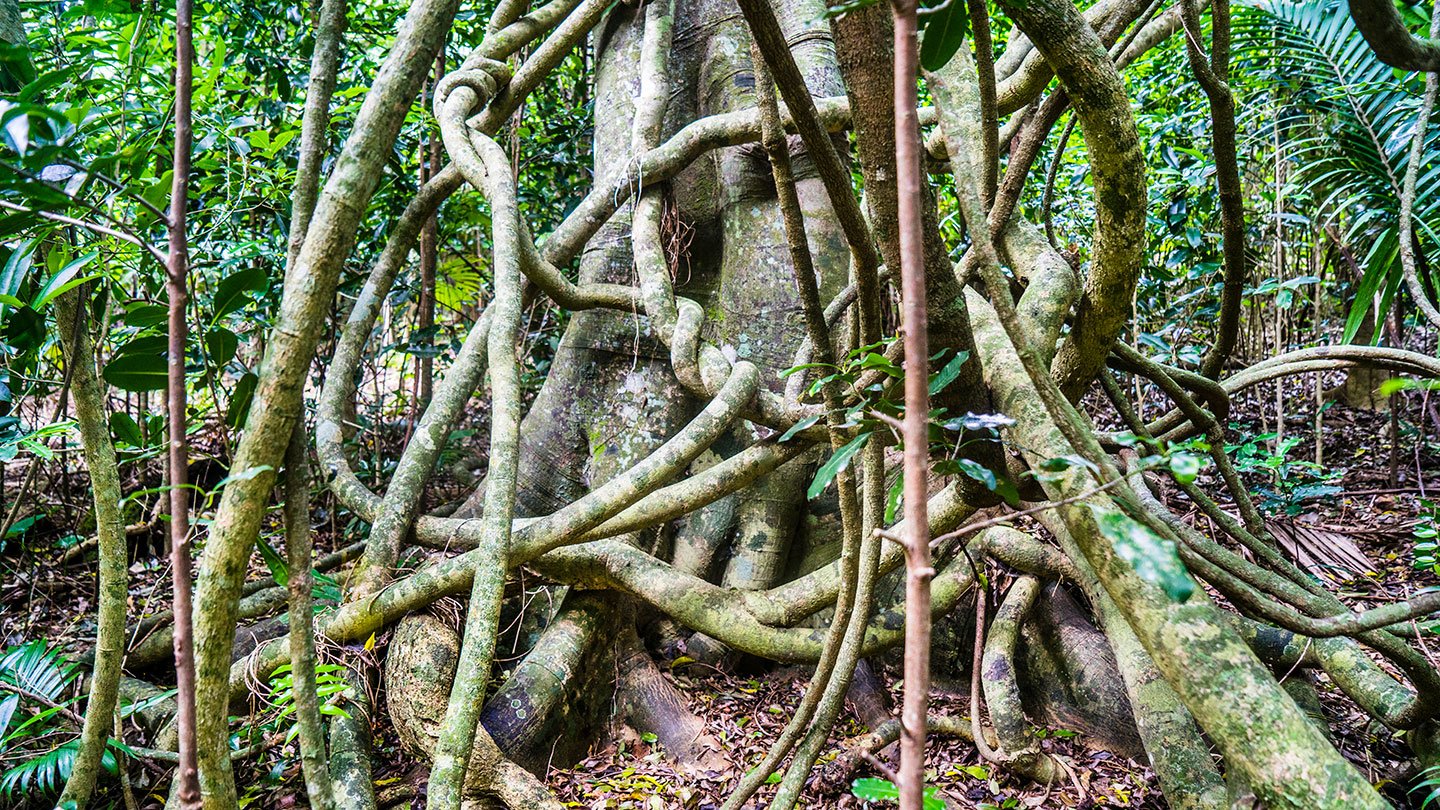
Algae: Single-celled organisms, once considered plants (they are not). As aquatic organisms, they grow in water. Like green plants, they depend on sunlight to make their food.
the atmosphere: the envelope of gas that surrounds Earth, another planet, or the Moon.
Carbon: A chemical element that is the physical basis of all life on Earth. Carbon exists freely as graphite and diamond. It is an important component of coal, limestone and petroleum, and is capable of self-bonding to form a large number of chemically, chemically, biologically and commercially important molecules. (in climate studies) The term carbon is sometimes used almost interchangeably with carbon dioxide to refer to the potential effects that some action, product, policy, or process may have on long-term atmospheric warming.
Carbon capture: (in climate science) a term for processes that remove carbon dioxide gas directly from air or water by some chemical means so that it can be stored and then either disposed of or reused as raw material.
Carbon dioxide: (or CO2) is a colorless, odorless gas produced by all animals when the oxygen they breathe reacts with the carbon-rich food they eat. When organic matter is burned (including fossil fuels such as oil or gas), carbon dioxide is also released. Carbon dioxide acts as a greenhouse gas, trapping heat in the Earth’s atmosphere. Plants convert carbon dioxide into oxygen during photosynthesis, the process they use to make their own food.
fertilizer: Nitrogen, phosphorus, and other plant nutrients are added to soil, water, or leaves to enhance crop growth, or nutrients used by plant roots or leaves that were previously lost.
Fossil fuel: Any fuel — such as coal, petroleum (crude oil), or natural gas — that is formed from the decaying remains of bacteria, plants, or animals within the Earth over millions of years.
fuel: Any substance that will release energy during a controlled chemical or nuclear reaction. Fossil fuels (coal, natural gas, and petroleum) are a common type that release their energy through chemical reactions that occur when heated (usually burning).
liquid: A substance that flows freely but has a constant volume, such as water or oil.
molecule: An electrically neutral group of atoms that represents the smallest possible amount of a chemical compound. Molecules can be made up of a single type of atom or several types. For example, oxygen in air consists of two oxygen atoms (O2), but water consists of two hydrogen atoms and one oxygen atom (H2and).
natural gas: A mixture of gases that have evolved underground over millions of years (often with crude oil). Most natural gas starts out as 50 to 90 percent methane, with smaller amounts of heavier hydrocarbons such as propane and butane.
organism: Any living thing, from elephants and plants to bacteria and other forms of single-celled life.
photosynthesis: (verb: photosynthesis) The process by which green plants and some other organisms use sunlight to make food from carbon dioxide and water.
the sponge: Something that absorbs liquids or other materials and holds them until they can be squeezed or removed by some other means. (in biology) a primitive aquatic animal with a soft, porous body.
Technology: the application of scientific knowledge to practical purposes, especially in industry — or the devices, processes, and systems that result from those efforts.
















